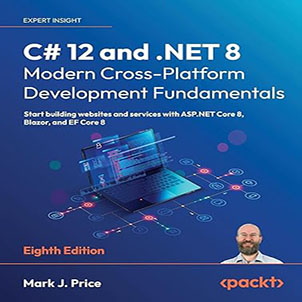To register your team project for the Smart Legal Contracts Challenge, you must fully complete the INITIAL REGISTRATIONGoogle Form(providing all requested information) at or before the start of the 24-hour hackathon period as determined by your local node. The registration form requests a photo of your team at the node for verification purposes.
The Accord Project is the organization for the development of techno-legal standards for smart legal contracts and distributed ledger applications in the legal industry. The Project incubates the standard contracting protocol for the legal industry. The Accord Project protocol is blockchain agnostic. The purpose of the Project is to enable lawyers, law firms, trade associations, and corporates to help establish open standards for the future of contracting; and to produce open-source code for smart legal contracts and distributed ledger usage in the legal industry. The Project operates in collaboration with Hyperledger, the International Association for Contract and Commercial Management, IEEE, the Decentralized Identity Foundation, and a number of leading trade associations, industry and standards organizations, and world leading law firms. To learn more about the Accord Project, visit itswebsite, follow the Project onTwitter, and use and contribute to its open source code onGithub.
2018 Computational Law and Blockchain Festival) are encouraged to tackle the Smart Legal Contracts Challenge sponsored by the

The challenge is to design a system that uses a smart legal contract to address a legal or business problem in areas that may include supply chain, employment, professional services (including service levels), media/entertainment, fundraising, or real estate. For example, smart contract systems may include:
Service level agreements for infrastructure;
(providing all requested information) at or before the start of the 24-hour hacking period of the 2018 CL+B Fest in your local node;
Benefits/improvements relative to the use of natural language legal contracts; and
Final team projects will be reviewed and rated by a panel of invited judges. The top team projects will be determined based on rank order resulting from an aggregate of the ratings by each judge. The team submitting the highest rated project will win $1500 and the second place project will win $500. Prize money is made available courtesy of the Accord Project pursuant to theseTerms and Conditions.

Smart legal contracts can improve upon existing contracting practices by incorporating external data sources to provide real-time status about the performance of obligations and automating various legal, business, and operational practices.

The conceptual design should include an outline or sketch of a realistic approach to deployment and stable operation of the system, including:
Accord Project-based Clause tools to create a rapid prototype areavailable here. If you have questions about the Accord tools,join the Slack groupand the smartcontracts-accord channel.
Employment and freelance contracts.
Venture fundraising or donation systems; or
The rapid prototype should demonstrate how the system that uses a smart legal contract enables an improvement in business processes.
Ability to apply the system in a practical setting.
Transactions involving the transference of property (e.g., sale and purchase of a house);
*The Smart Legal Contracts Challenge is an independent challenge of the 2018 Computational Law & Blockchain Festival. Legal Hackers LLC is not responsible for the challenge description, challenge rules, solution submission process, judging criteria, selection of judges, selection of winners, prize distribution, or any similar aspects of the Smart Legal Contracts Challenge.
Challenge is also presented in conjunction with
(providing all requested information) with their final project materials before the end of the 24-hour hacking period in your local node. The FINAL SUBMISSION will include, among other requirements, a 2-minute or shorter project presentation video clip uploaded to YouTube under Creative Commons license and final project materials (including any slides, video and other media, documentation, working code, etc.) through a GitHub repository under an open source license.
Technical merit addressing concerns of commercial application of the technology (e.g., privacy, security, scalability, and interoperability);
OpenLaw tools to create a rapid prototype areavailable here.



